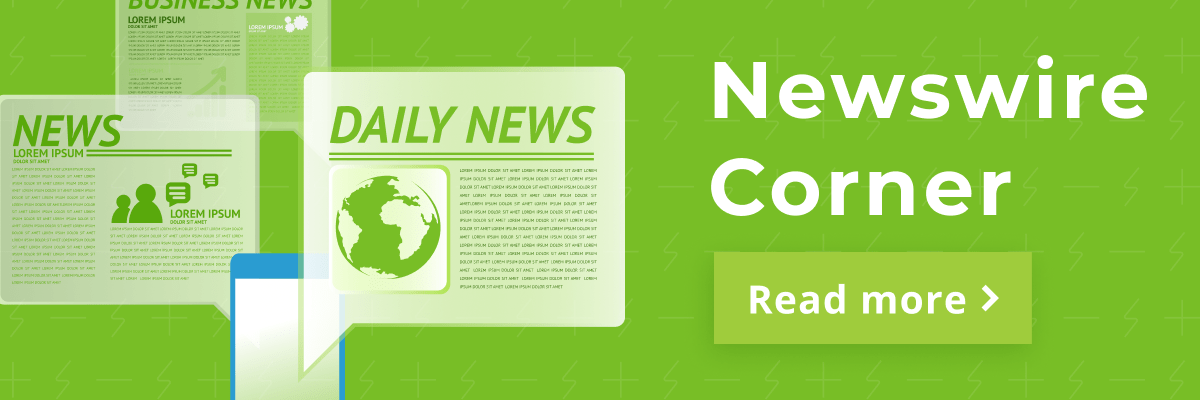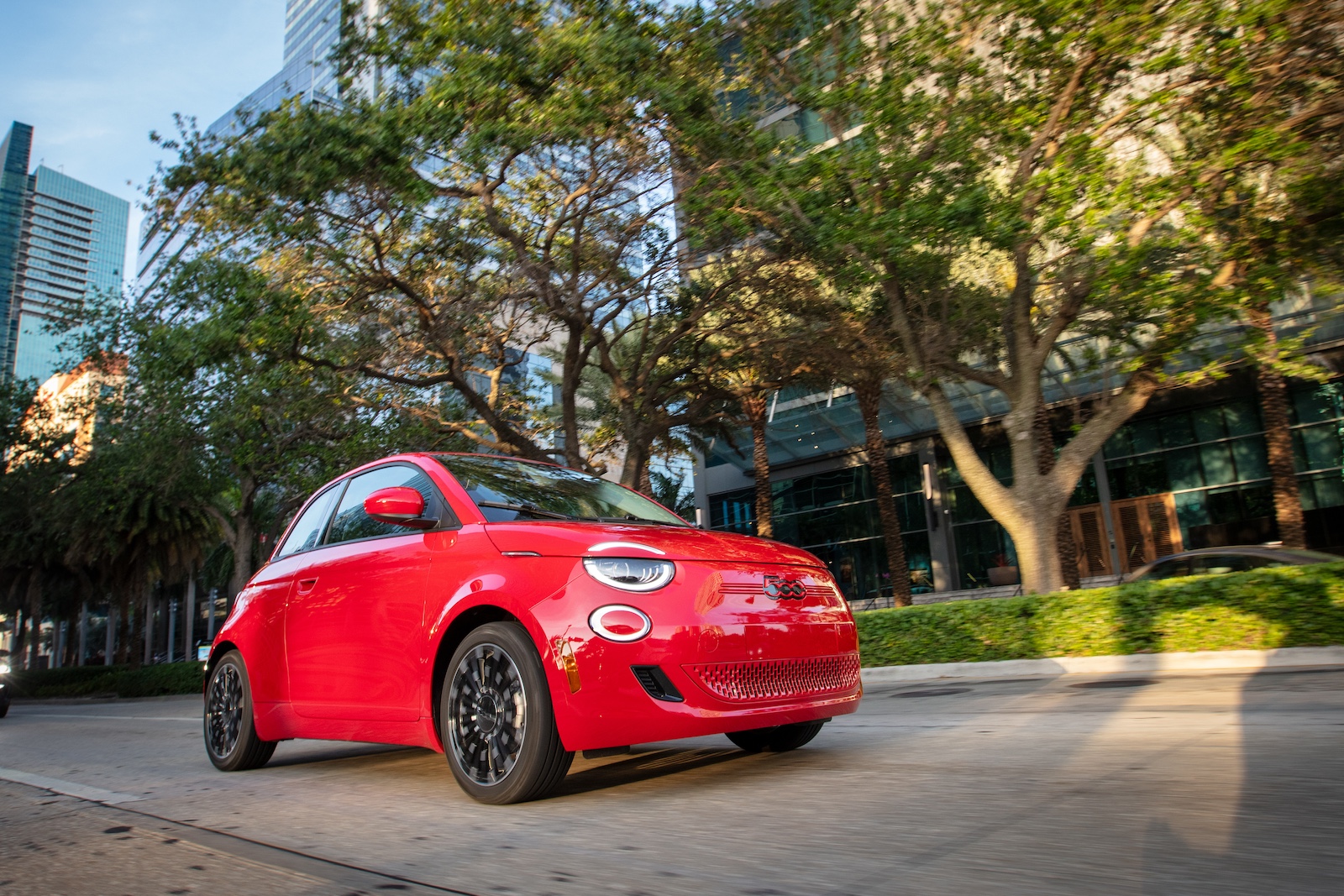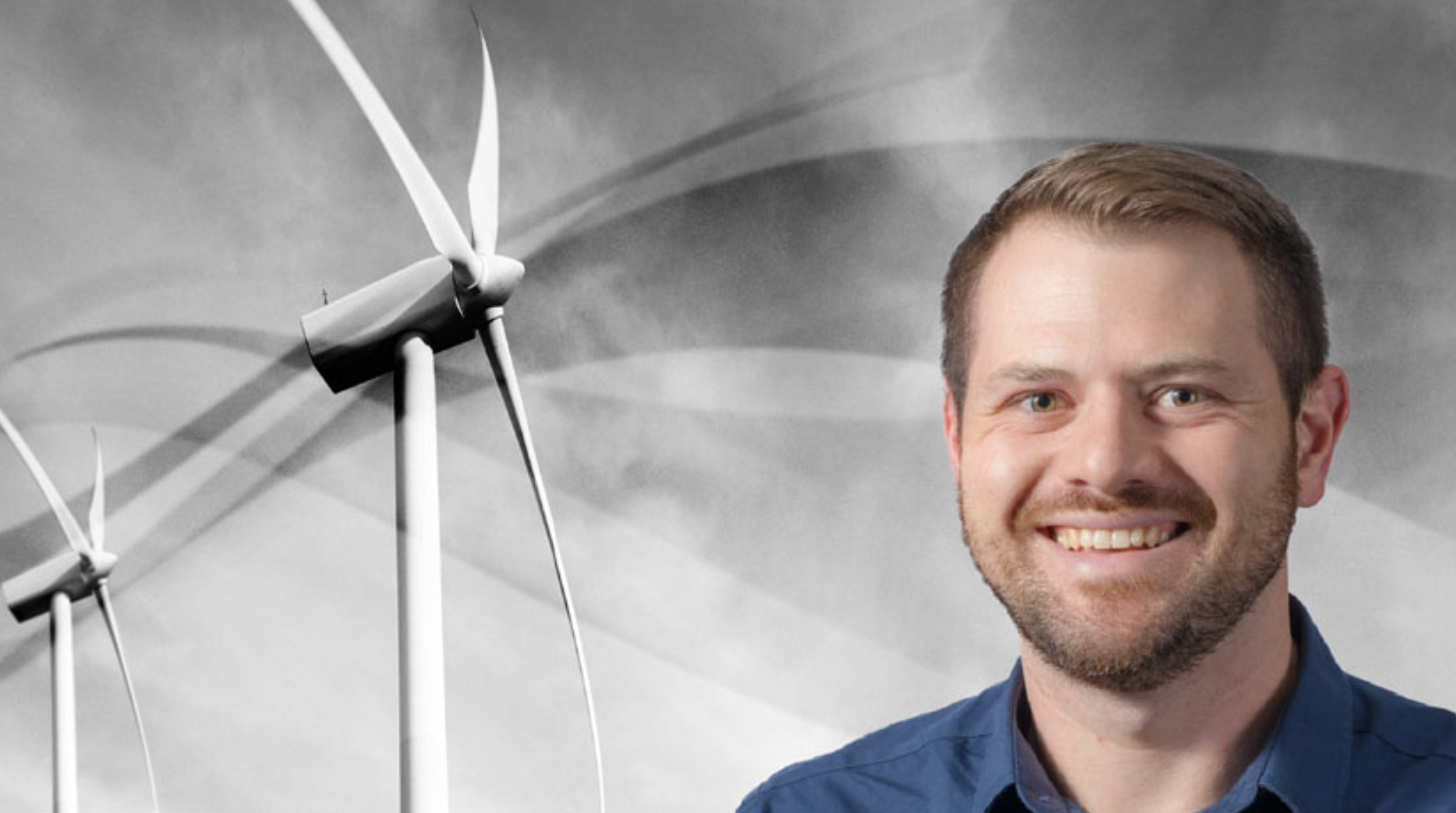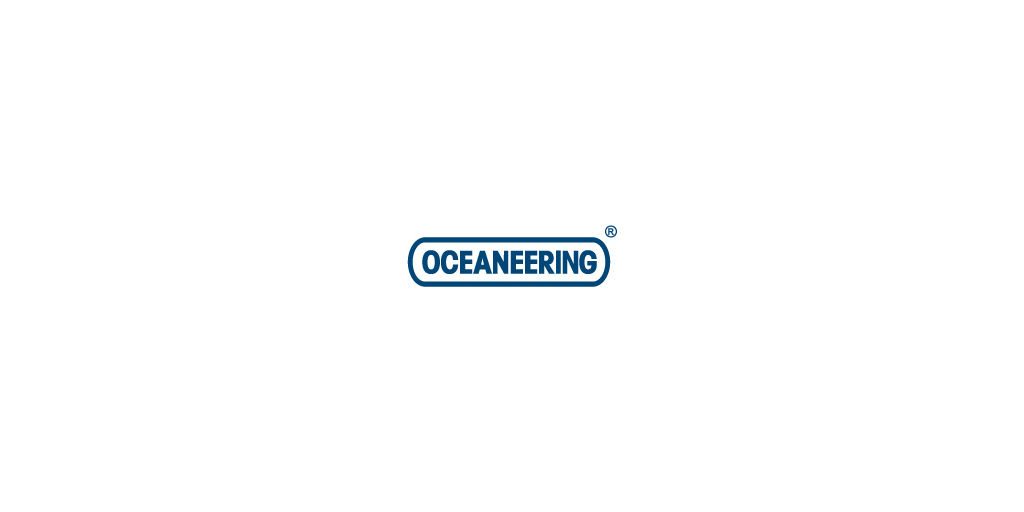Sign up for daily news updates from CleanTechnica on email. Or follow us on Google News!
Unless you were living under a rock or just got into EVs recently, you probably know all about the industry moving from CCS1 to Tesla’s NACS standard in North America. Starting with Ford, nearly every major automaker selling or planning to sell EVs in the United States decided to move to Tesla’s plug, largely due to reliability problems from CCS charging providers.
While that was last year’s big U.S. charging infrastructure news, the actual implementation of the switch to NACS is proving to be the biggest news of this year (so far). Vehicles that come natively with the NACS inlet are not supposed to start arriving until 2025, but part of the deal automakers each struck with Tesla was access for many existing CCS EVs via adapters. Like the original adapter, Ford announced access first and started shipping adapters free of charge.
Now, Rivian has announced that the company’s vehicles have access to Tesla’s network:
Fast charger access just doubled. Rivian vehicles can now tap into 15,000+ Tesla Superchargers — rapidly expanding the fast charging experience for our customers. Initially, a NACS DC adapter is needed for access, shipping free to owners starting this spring.… pic.twitter.com/vagQ9M9EqH
— Rivian (@Rivian) March 18, 2024
While Rivian vehicles can charge at Tesla stations now, the company isn’t planning to ship adapters until next month. This leaves owners in a position to make a touch choice: wait for an official adapter (the first ones will go out in April, but it could take a lot longer for an individual driver to get one) or go for the aftermarket if they don’t feel like waiting.
Technically, aftermarket adapters from companies like A2Z and Lectron aren’t welcome on the network, but the fine print that prohibits that is likely more of a “cover your ass” kind of thing. The leading aftermarket adapters are either UL-rated or are built to pass UL testing and are just waiting for certification. But, cheaper adapters that you might find on Amazon or Wish are not built to specification and could pose a danger.
It’s also worth noting that like all non-Tesla vehicles with adapters, Rivians will not be able to charge at all Supercharger stations. Older pre-V3 stations will physically be able to connect to the adapter, but they are mostly unable to speak the CCS language and communicate with CCS cars, instead only speaking Tesla. But, newer V3 and V4 stations are “bilingual” and can speak to both Tesla vehicle and others using the CCS protocol.
This situation will not change when NACS-native vehicles from other manufacturers come out next year, as NACS is only a physical standard, and relies on CCS communication protocols for signaling. This means that until Tesla replaces V2 stations with newer hardware, they will only be accessible to Tesla vehicles.
You can check to see if a station is V2 or V3/V4 by looking at charging speeds on charging maps. The key thing to look for is 250 kW or higher charging speeds.
NACS cables for Express 250 are available for order today and are easily retrofitted by our experts in the field.
Get in touch at sales@chargepoint.com to learn more.
Find all our FAQs here: https://t.co/vzJNTtUKQD pic.twitter.com/4vqKtvAYpr
— ChargePoint (@ChargePointnet) March 18, 2024
Conversely, the same thing is true in the opposite direction for Tesla vehicles. ChargePoint recently announced that it is shipping cables to retrofit stations to have a NACS plug. But, unless the Tesla is a newer one that can speak CCS protocol from the factory or it has been upgraded to be able to use CCS adapters, these plugs on other networks will not function. Just like the adapters, it’s really CCS under the hood.
Other manufacturers that have not announced Supercharger access opening yet (everyone but Ford and Rivian) can not yet charge at Supercharger stations, even if you have an adapter on hand. So, if you’re like me and don’t drive a Ford, Tesla, or Rivian, you’ll have to wait some more to get access.
Featured image by Ford.
Have a tip for CleanTechnica? Want to advertise? Want to suggest a guest for our CleanTech Talk podcast? Contact us here.
Latest CleanTechnica TV Video
CleanTechnica uses affiliate links. See our policy here.





